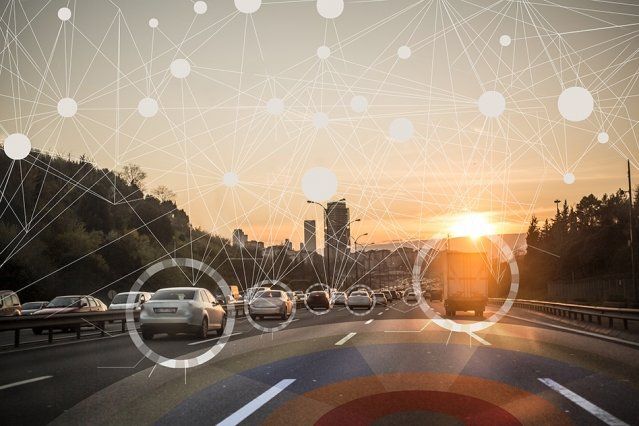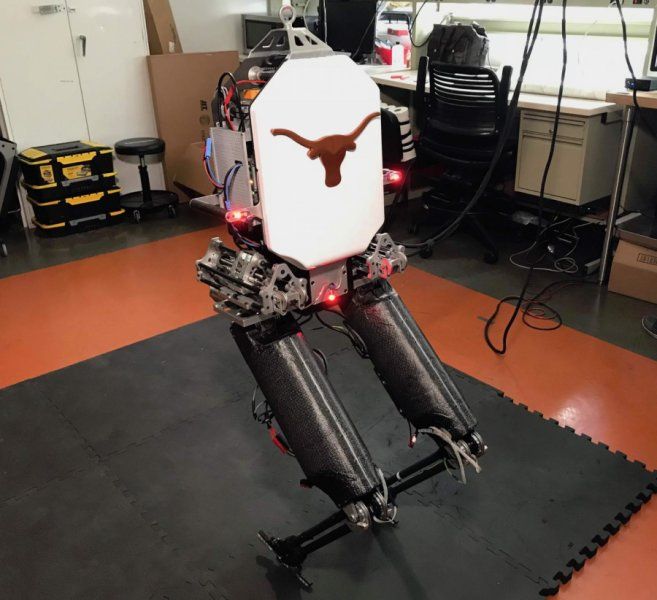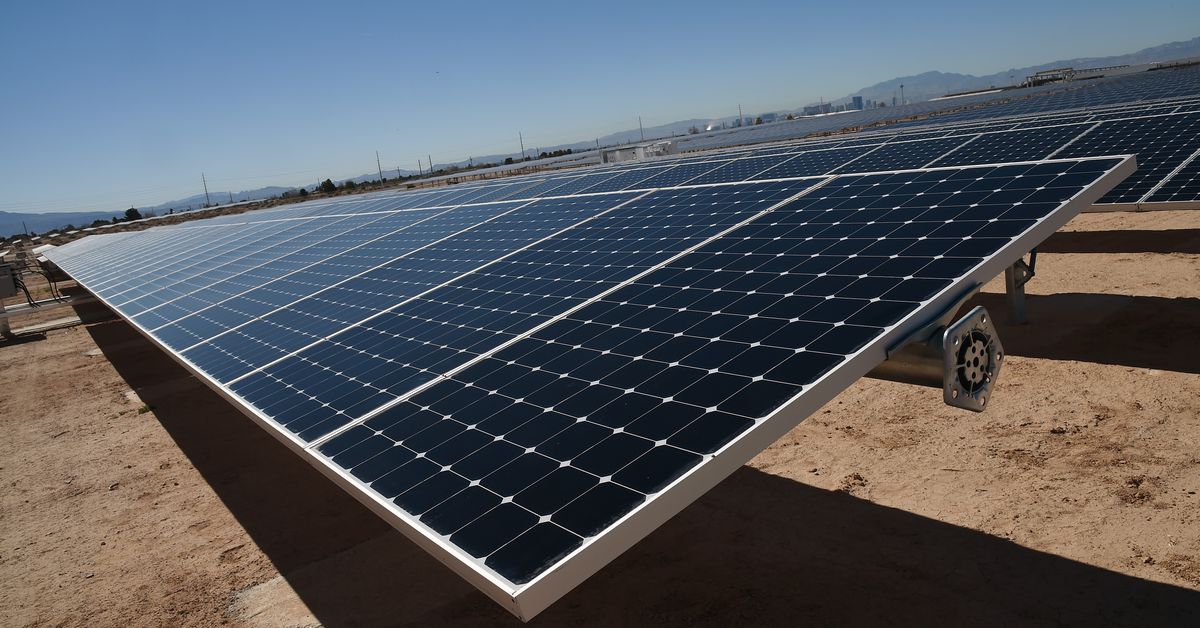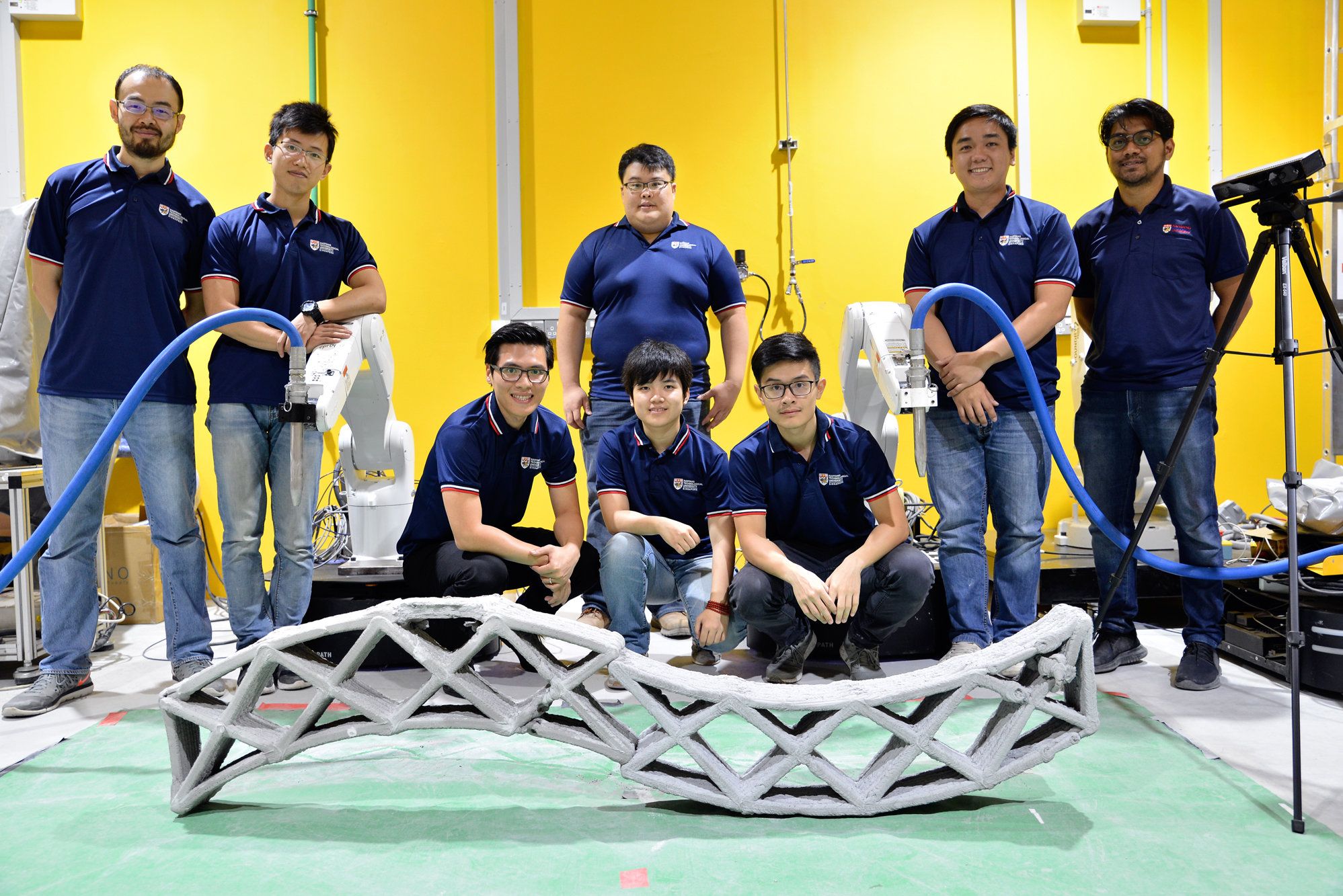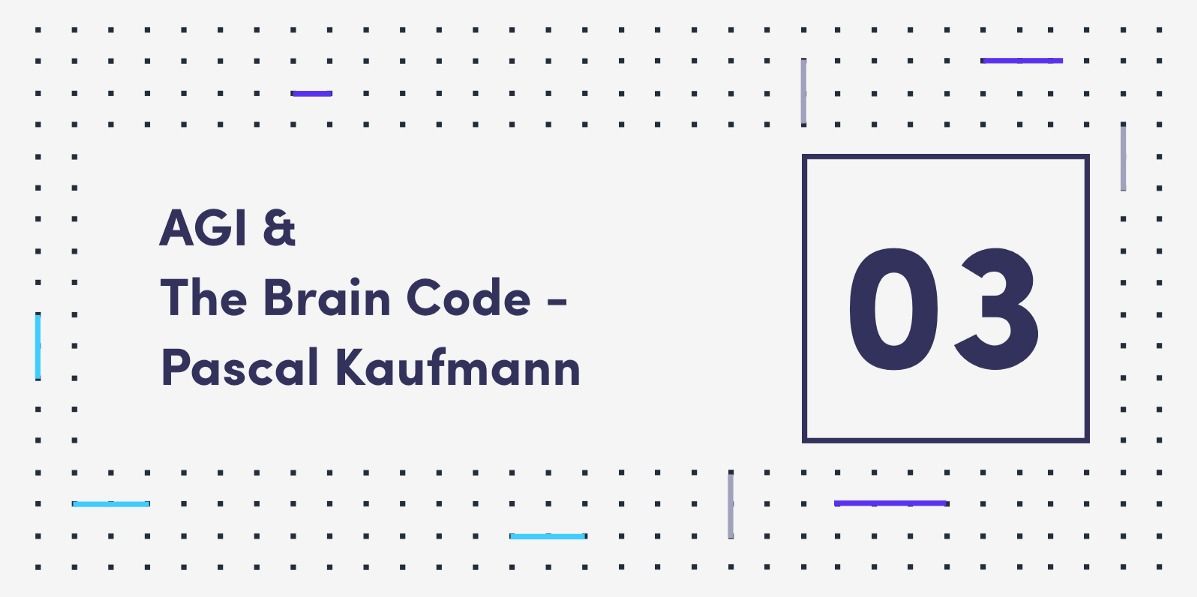General interest.
IBM researchers are developing a new computer architecture, better equipped to handle increased data loads from artificial intelligence. Their designs draw on concepts from the human brain and significantly outperform conventional computers in comparative studies. They report on their recent findings in the Journal of Applied Physics.
Today’s computers are built on the von Neumann architecture, developed in the 1940s. Von Neumann computing systems feature a central processer that executes logic and arithmetic, a memory unit, storage, and input and output devices. Unlike the stovepipe components in conventional computers, the authors propose that brain-inspired computers could have coexisting processing and memory units.
Abu Sebastian, an author on the paper, explained that executing certain computational tasks in the computer’s memory would increase the system’s efficiency and save energy.


